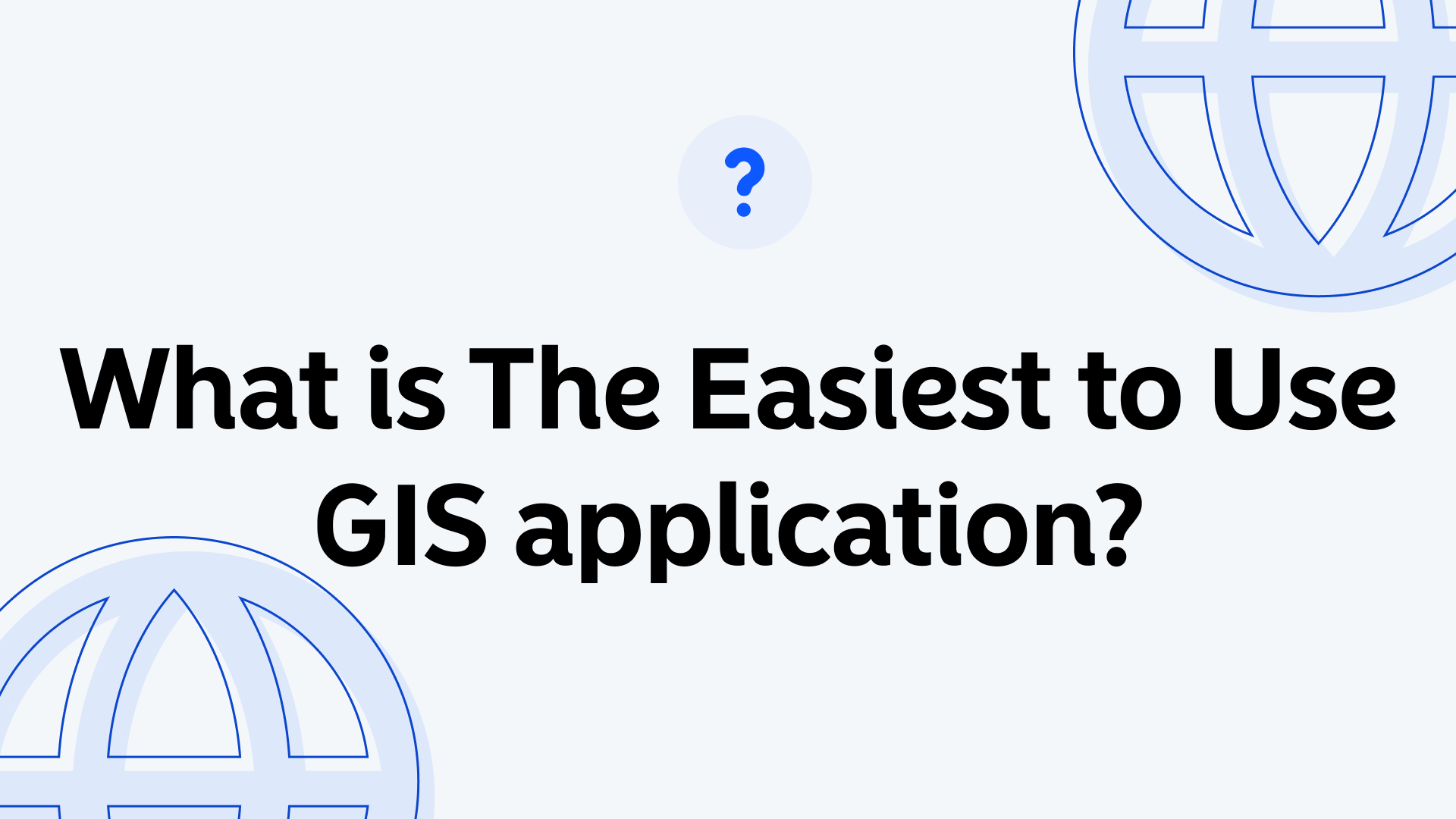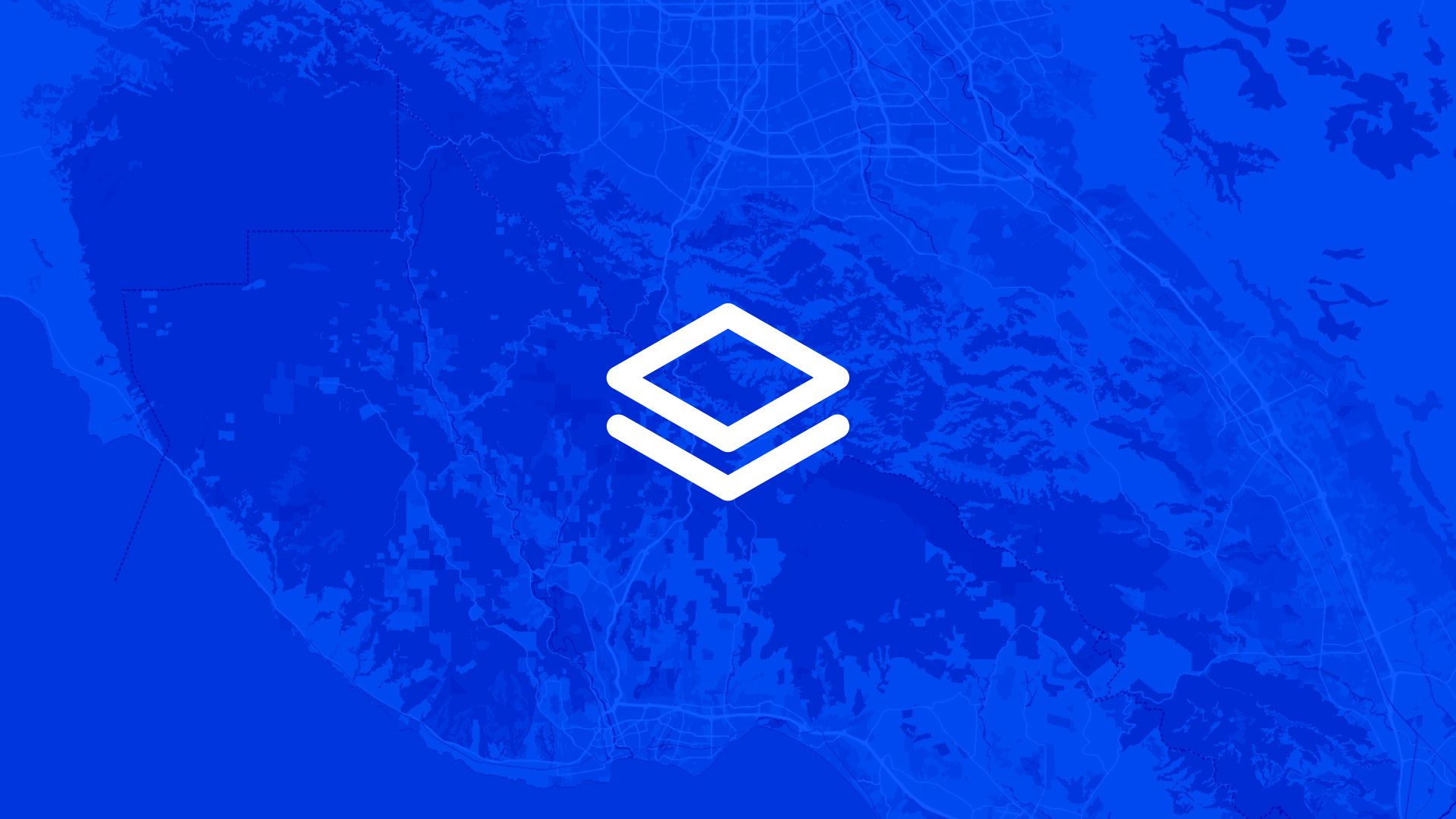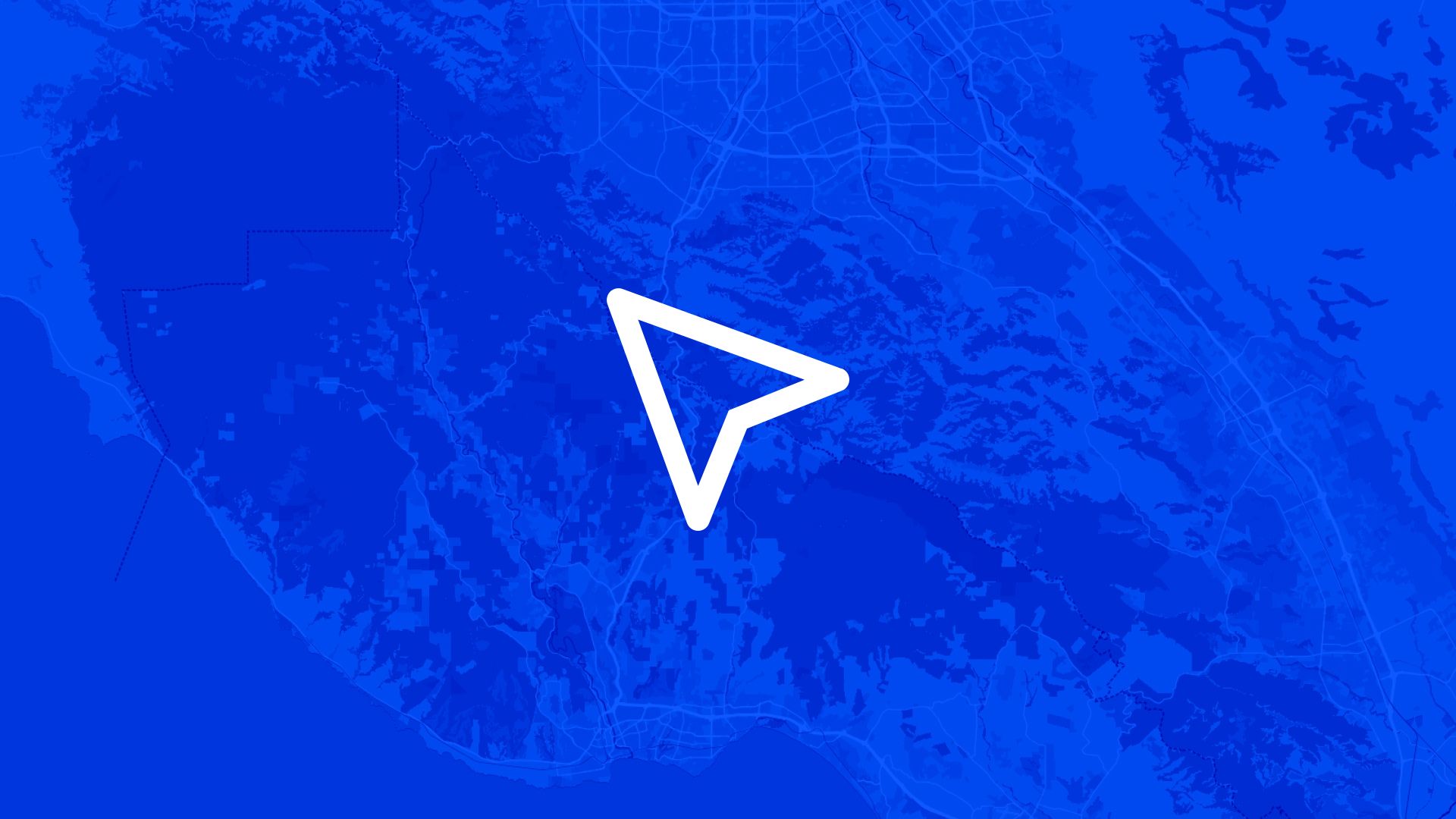Geographic Information Systems (GIS) have traditionally been associated with complexity. These systems have been vital for mapping, spatial analysis, and understanding geographic data, but they often require specialized training. However, the field has evolved, and new GIS applications have emerged that prioritize simplicity and accessibility.
If you’re looking for an easy-to-use GIS tool, here’s what you need to know.
Traditional vs. Modern GIS Applications
Traditional GIS tools like ArcGIS and QGIS are powerful but come with steep learning curves. They require software installation, technical expertise, and significant processing power. While excellent for professionals, they are not beginner-friendly.
Modern GIS applications like Atlas, Google My Maps, and Felt have disrupted this space. These tools focus on simplicity and collaboration, often working entirely in a web browser.
Let’s explore why Atlas stands out as the easiest GIS application for beginners and professionals alike.
Why Atlas is the Easiest GIS Tool
Atlas is a browser-based GIS platform designed with simplicity in mind. Unlike traditional GIS software, Atlas doesn’t require installations or advanced technical skills. It’s intuitive and accessible, making it perfect for beginners and collaborative teams.
Key Features:
-
User-Friendly Interface: Atlas is built for ease of use. The clean interface eliminates unnecessary distractions, helping users focus on their tasks.
-
No Coding Required: Whether creating interactive maps or conducting spatial analysis, Atlas ensures you don’t need coding knowledge. Tasks that would take hours in traditional GIS can be done in minutes.
-
Real-Time Collaboration: Multiple users can edit maps simultaneously. Changes are instantly visible, making teamwork seamless and effective.
-
Browser-Based: Atlas works entirely in your web browser. This means no downloads, installations, or device-specific limitations. Simply log in, and you’re ready to go.
-
Customizable Maps: From choosing basemaps to styling layers, Atlas makes customization simple. Add interactivity with just a few clicks, enabling richer map experiences.
-
Affordable Plans: Atlas offers free options alongside its paid plans, ensuring accessibility for all kinds of users, whether students or enterprise teams.
Who Can Benefit from Atlas?
Atlas caters to a wide audience, including:
- Beginners: If you’re new to GIS, Atlas provides tutorials and intuitive tools to get you started quickly.
- Collaborative Teams: Atlas simplifies team projects with real-time editing and version control.
- Urban Planners: Visualize land use, infrastructure, and zoning data easily.
- Environmental Scientists: Track changes in ecosystems or analyze environmental data without technical hurdles.
- Business Analysts: Use Atlas to map market trends, customer locations, and business opportunities.
Comparison with Other GIS Tools
| Application | Best For | Ease of Use |
|---|---|---|
| Atlas | Professional maps with collaboration | ⭐⭐⭐⭐⭐ |
| Google My Maps | Simple, quick map creation | ⭐⭐⭐⭐ |
| Felt | Basic map sharing and editing | ⭐⭐⭐⭐ |
| ArcGIS Online | ArcGIS users | ⭐⭐⭐ |
| Maptive | Business-focused mapping | ⭐⭐⭐ |
While other tools like Google My Maps are beginner-friendly, they lack the advanced capabilities and collaborative focus of Atlas. For professional teams and in-depth analysis, Atlas strikes the right balance.
How to Get Started with Atlas
Starting with Atlas is straightforward. Here’s a quick guide:
- Sign Up: Visit Atlas and create a free account.
- Upload Your Data: Use files in formats like CSV, GeoJSON, or Shapefiles.
- Style and Customize: Adjust the appearance of your layers and choose basemaps.
- Analyze and Share: Perform spatial analyses like heatmaps and buffers. Share maps with a simple link or embed them in a website.
Why Choose an Easy GIS Application?
Choosing a simple GIS tool like Atlas reduces the learning curve and speeds up project delivery. It ensures more people, not just GIS professionals, can harness the power of spatial data.
Whether you’re planning urban developments, analyzing business trends, or simply exploring GIS for the first time, Atlas is an excellent choice. Its browser-based nature and focus on collaboration make it a standout tool for both individuals and teams.
Step into Atlas and see how easy GIS can be.




